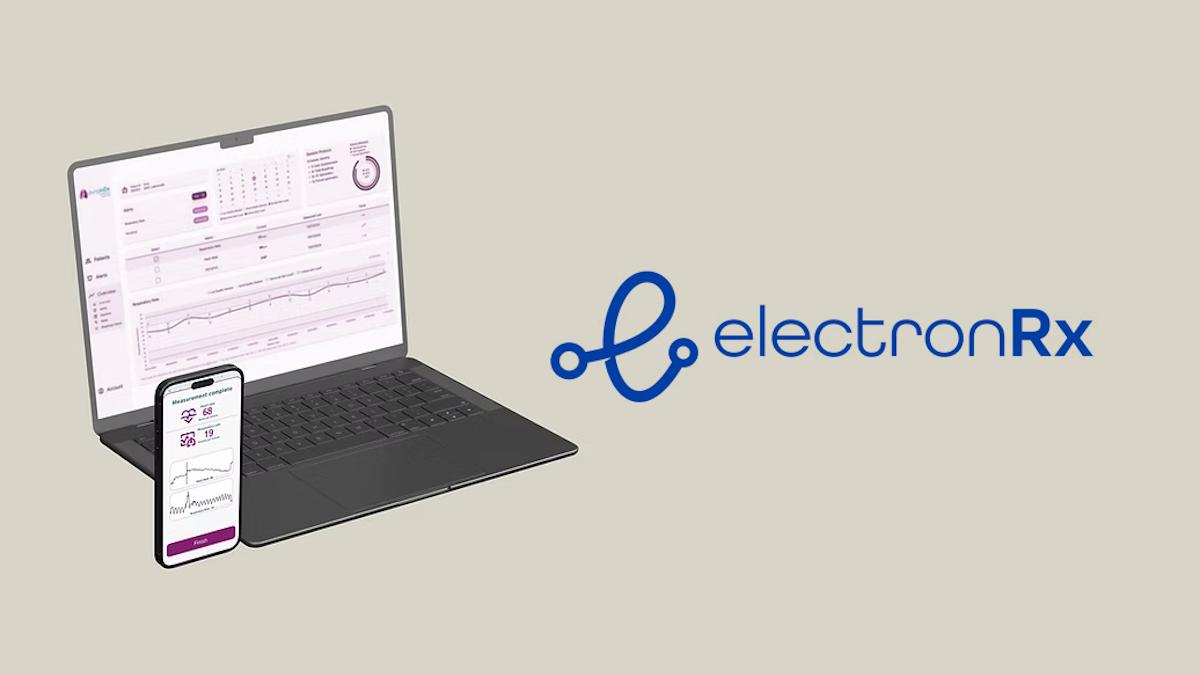Smartphone app looks to tackle US opioid crisis

A smartphone app could help improve pain and addiction management associated with America's ongoing opioid crisis.
According to the National Institutes of Health, more than 25 million – or over one in 10 – Americans experience pain daily.
But overreliance on opioid-based prescription painkillers has created a national crisis: around half of the 33,000 Americans who died from opioid drug overdose in 2015 did so with a prescription treatment.
Consequently, regulations on pain relief opioids have tightened, making it more difficult to access opioids from a patient’s point of view, but harder for providers to know what to safely prescribe their patients.
Launched by US firm Avella, the Pain and Addiction Management Mobile App attempts to address this challenge, providing US health providers with crucial information about opioids.
This includes changes to regulations, clinical information about opioids, and prescribing guidelines from bodies like the Centers for Disease Control and Prevention.
Also included is an ‘opioid converter’ function which can inform providers how best to transition a patient from one medication to another while maintaining safety and efficacy of treatment.
"Prescribing pain medications has always been a difficult task given the safety risks, addiction potential and side effects of certain powerful narcotics," said Eric Sredzinski, executive vice president of Clinical Affairs and Quality Assurance Program Director for Avella. "Today it is more challenging than ever, which is why we're looking to support our provider partners as they help patients manage chronic pain while preventing the devastating impact of opioid addiction."
In response to the opioid crisis – which President Trump has labelled “a national emergency” - the FDA is looking to bring more non-narcotic pain relief medications to market.
This includes Lilly and Pfizer’s tanezumab for chronic low back pain which was granted fast-track designation in June.
In an unprecedented move, the agency asked Endo to remove its painkiller Opana ER from the US market over fears it was fuelling the opioid crisis. Endo withdrew its painkiller in July.












